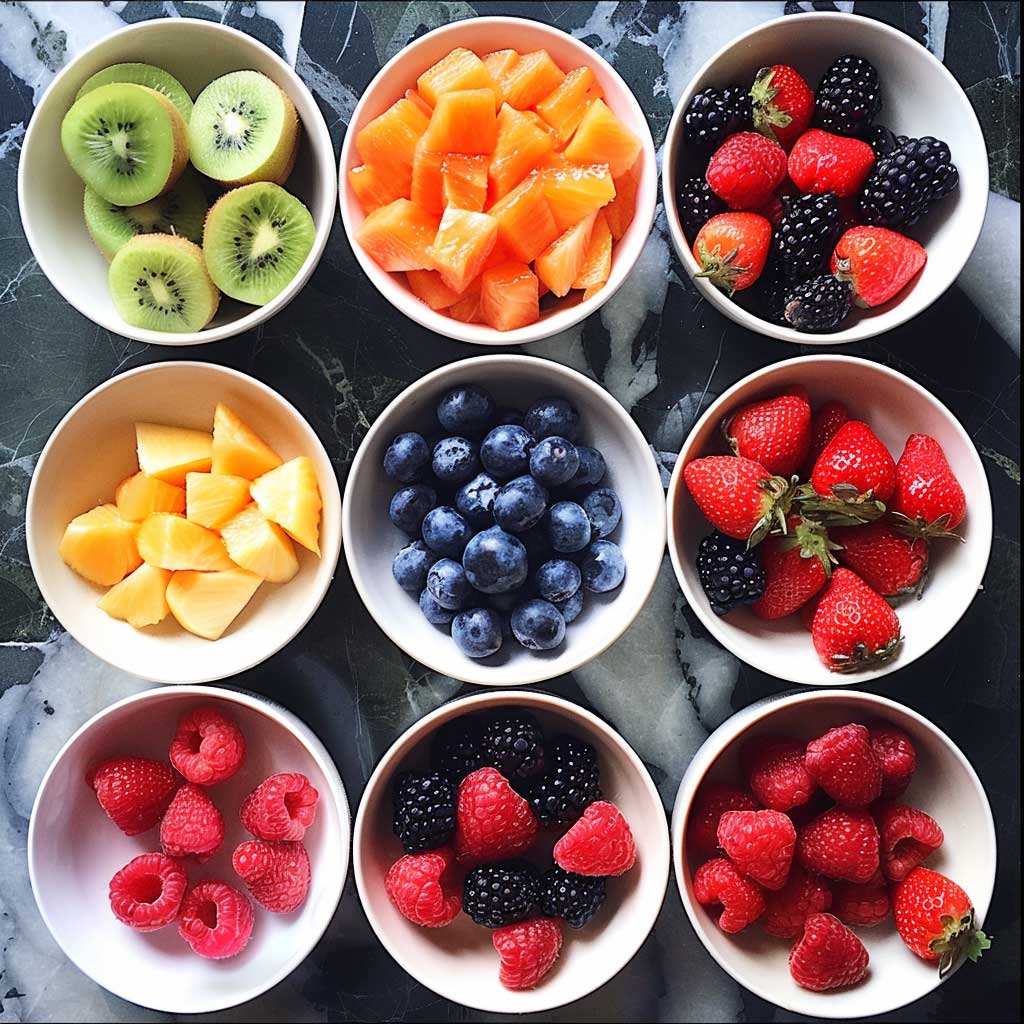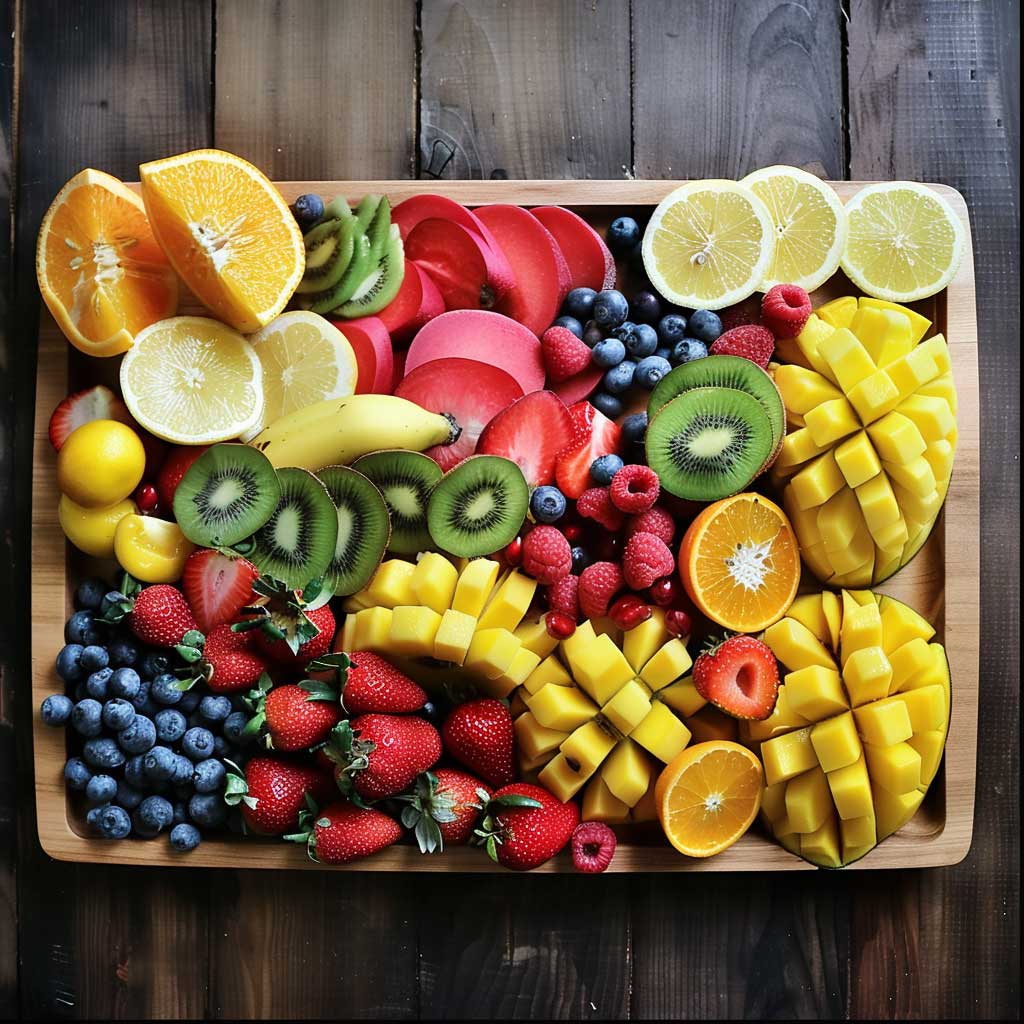Fruits boast a plethora of health advantages, being naturally low in fat, calories, and sodium. They serve as nutritious snacks for satisfying those munchies.
Nutritious Fruits for Snacking
Although the popular saying “an apple a day keeps the doctor away” may simplify things, fruits undeniably offer numerous health benefits. They serve as wholesome snacks, naturally low in fat, calories, and sodium. Furthermore, plenty of fruits are high in fiber, promoting feelings of fullness and helping prevent overeating.

Fruits are a treasure trove of nutrients, evident in their vibrant hues! Their colors, aromas, and flavors stem from phytochemicals, plant-based compounds linked to various health perks. These include antioxidants, like carotenoids found in orange fruits, and anthocyanins abundant in red, blue, and purple fruits and veggies.
To ward off the doctor, aim for two daily servings of fruits.
Advantages of Incorporating Fruits into Your Diet

Here are fascinating fruit facts to spice up your next dinner chat with friends and family.
Nutritious fruits worth adding to your diet.
Apples
Apples are not just rich in phytonutrients and antioxidants; they also serve as a natural mouth cleanser, freshening your breath with every crunch. Their flavor and scent largely originate from the fragrance cells within the skin, making it advisable to keep the skin on for optimal taste and additional fiber.
Bananas
Bananas boast one of the highest potassium levels among fruits. With approximately 422mg of potassium in a medium-sized banana, it contributes around 10% of an average adult’s daily requirement. Potassium plays a vital role in muscle function. To accelerate ripening, place a banana in a paper bag. This method exploits ethylene gas produced by bananas and other fruits like apples, which stimulates ripening. Contrary to common belief, refrigerating bananas doesn’t expedite spoilage. Although the outer skin may darken, the fruit inside remains relatively unaffected and can stay fresh for an extra week compared to leaving it at room temperature.
Berries
Among all the fruits, berries contain the highest amount of antioxidants. The antioxidant properties of these fruit help to fight off diseases and potentially prevent cell deterioration. Ranked in order of antioxidant content are blueberries, cranberries, blackberries, raspberries and strawberries.
Durians
For those who adore durian, there’s good news: this polarizing fruit offers numerous health benefits. Packed with essential vitamins and minerals like vitamin B-1 (thiamin) and B-6 (pyridoxine), it provides 31% and 24% of the recommended daily allowance (RDA) for adults, respectively. Durian is also a notable source of dietary fiber, with just five seeds meeting 16% of our daily fiber needs. Surprisingly, despite its rich flavor, durians contain no cholesterol, as cholesterol is exclusive to animal products. However, owing to their high sugar content, they are calorie-dense, with five seeds totaling around 250 kcal, so it’s advisable to enjoy them in moderation (no more than four seeds per serving).
Recommended daily portion of fruit.

You should aim to consume two servings of fruit per day. Each serving typically consists of:
- One small apple, orange, pear, or mango (about 130 grams)
- One wedge of papaya, pineapple, or watermelon (about 130 grams)
- Four small seeds of durian or jackfruit (about 80 grams)
- Approximately 10 grapes or longans (about 50 grams)
- One medium-sized banana
- One cup of dried fruit (about 40 grams)
Feel free to pick some nutritious fruits for a tasty and healthy snack option.
